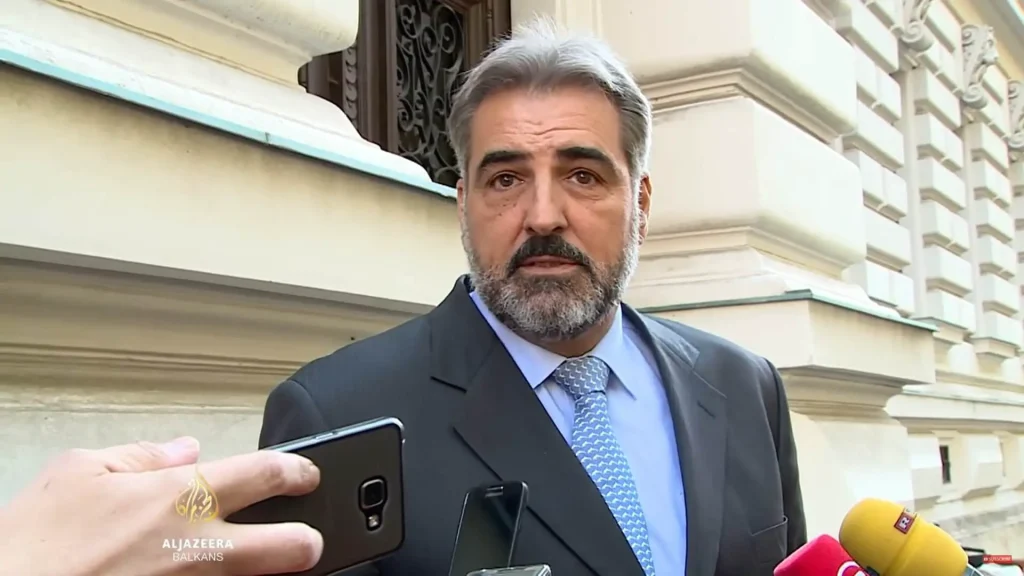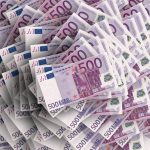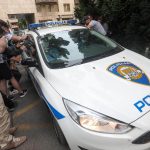“The indictment is a cobweb and I know why Komerički gave a false testimony… so that he is freed from criminal charges and to have his company’s accounts unblocked. There were no fictitious deals and Komerički is the only witness the prosecution has,” Vidošević said at the Zagreb County Court while presenting his defence in a case dubbed Remorker.
Vidošević repeated several times during the presentation of his defence that he and his associates had not caused any damage to the HGK or the Kraš confectionery company, and that they had not siphoned money from them. “There is not one piece of material evidence against me, nor any message or text message that I might have exchanged,” he said.
He also said that he had been barraged by some media outlets even before the trial started and that two-thirds of the indictment were based on his property whose value some of the media had exaggerated and which, he said, he had obtained legally.
Vidošević added that during a search of his home, documents referring to his artworks and the construction of his house in Gorski Kotar disappeared, of which he accused the police anti-corruption office PNUSKOK, saying it had made his defence more difficult. He also said that the expert estimate of the value of his property was “grotesque.”
Defence presented four years since trial started
Vidošević’s defence comes four years after the trial started in the Remorker case in which the former HGK head was accused of siphoning money from the HGK which he had led for years.
Vidošević’s long-standing associate Zdenka Peternel was also accused in the case as was Josipa Mladinov, Jasna Mikić and Jadranka Ivčić, who have all pleaded not guilty.
Four other co-defendants pleaded guilty prior to the trial and were convicted after plea-bargaining with the prosecution. They are the key figures in the scandal – Igor Premilovac, who was the first to own up to issuing fictitious invoices via his Czech-based company Remorker and returning laundered money to Croatia for a commission; Davor Komerički, a marketing expert who accused Vidošević of being involved in a chain that was siphoning money from the HGK; real estate agent Vesna Rodić who advised Vidošević, and Jasna Mrakovčić Grubić, who admitted that she had siphoned money from the HGK with Vidošević by faking artwork purchases.
The USKOK anti-corruption office pressed charges against Vidošević and the eight other defendants in July 2015. USKOK proposed that assets equivalent to the HRK 33.4 million that was allegedly siphoned be confiscated from Vidošević.
However, a new expert analysis has shown that Vidošević acquired 26 properties and 444 works of art, worth HRK 22.3 million, legally and that property worth only HRK 9.2 million remains suspicious.
In mid-December 2020, USKOK withdrew its motion to expand the confiscation of Vidošević’s assets after it was determined that the discrepancy between his income and expenditure was smaller than the value of the assets he was charged with having illegally gained.











